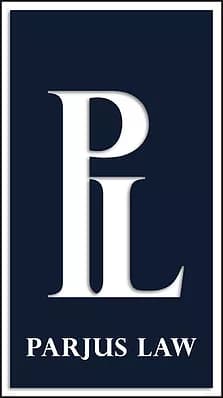A non-disclosure agreement (NDA) is a contract that stipulates which information the parties cannot share. If you own a business or a start-up, an iron-clad NDA can help protect your company’s intellectual property, trade secrets and client contacts.
As a business owner, there are several types of restrictive agreements you can choose from when hiring employees or establishing partnerships.
Non-solicitation Agreement
A non-solicitation agreement will prevent your former and current employees from attempting to steal your clients, customers or workers for a competitor. This type of contract applies during an individual’s employment and for a period of time after his or her employment terminates.
Non-compete Agreement
You can prevent unfair competition to your business by using non-compete clauses. With this type of agreement, an employee or former employee cannot start a business that will directly compete with your company. Additionally, employees will not be able to leave your company to work for a competitor. According to Florida’s non-compete statute, F.S. §542.335, to enforce a non-compete clause, you must prove legitimate business interests, such as:
- Trade secrets
- Specialized training
- Significant customer or client relationships
Confidentiality Agreement
A confidentiality agreement prevents employees from sharing any confidential or privileged information with any person or entity outside the organization. This agreement is enforceable as long as the information remains confidential and unknown to the general public.
You may wish to implement restrictive agreements in your hiring or partnering processes. However, for an agreement to hold up to time and legal scrutiny, it must be specific. To protect your company’s place in the market, you should understand how to draft clear and precise contracts.

